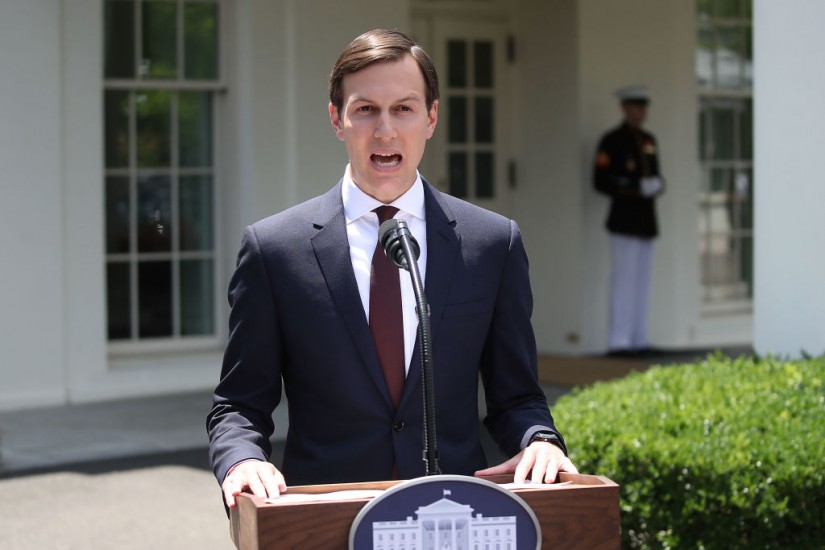Kushner, according to the Washington Post, has also consulted Chinese companies and Russian bankers. It would strain credulity to think that they would ask him for specific favors in exchange for loans — it would also strain credulity not to think more than business was involved. And today, NBC News reported that investigators are looking into whether Kushner's discussions with foreign business contactsprior to the 2016 election later influenced White House policy in any way.
The déjà vu here most recalls the troubled presidency of Ulysses S. Grant. The parallel stories of the Trump/Kushners and the Grants revolve around the dangers of nepotism, the mixing of public and private business and how loyalties to individuals can replace loyalties to the republic. They amount to far more than evidence of the persistence of sleaze.
Recent attempts to redeem Grant — as historian Ron Chernow aspired to with his biography “Grant” last year — cannot redeem his administration’s record of corruption. It remains a virtual encyclopedia of what happens when an administration is staffed with cronies, old friends and the occasional relative and when the administration of public affairs is coupled with a search for private profit.
As the insightful political commentator Henry Adams, grandson and great-grandson of presidents, famously claimed, “The progress of evolution from President Washington to President Grant, was alone evidence enough to upset Darwin.” Adams bemoaned the Grant administration’s confluence of presidential relatives, private business and public policy. He pilloried the former Civil War general — and particularly his family — while laying out the story of robber baron Jay Gould’s attempt to corner the gold market in 1869.
